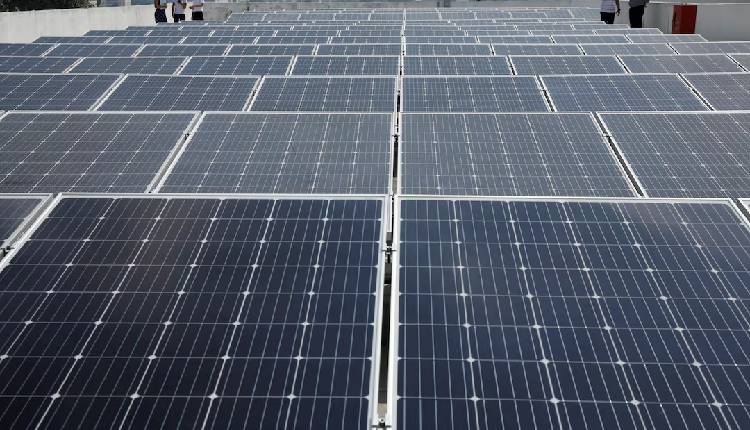Southeast Asia is significantly lagging in green investments needed to reduce emissions, according to a report by Bain & Company, Reuters reported on Monday.
The region’s energy consumption is projected to increase by 40 per cent this decade, leading to a rise in CO2 emissions due to continued reliance on fossil fuels. Despite a 20 per cent growth in green investment last year, it falls short of the $1.5 trillion needed this decade. If current trends persist, emissions in the region’s 10 countries could exceed their 2030 commitments by 32 per cent.
Kimberly Tan, GenZero’s managing director, emphasised the need for increased efforts from countries, corporations, and investors. Currently, clean energy makes up only 10 per cent of total supplies, and fossil fuel subsidies are five times higher than renewable investments. High capital costs and regulatory uncertainties also pose challenges to financing renewable projects.
The report highlighted that 60 per cent of the region’s coal-fired power plants are relatively new and tied to long-term purchasing agreements, making them difficult to decommission. This leaves over $1 trillion of unrecovered capital in young coal plants, predominantly in Asia, according to Tim Gould, chief energy economist at the International Energy Agency.
Only four countries in the region—Indonesia, Malaysia, Singapore, and Vietnam—have made progress in carbon pricing. The report called for more policies and incentives, increased regional co-operation, and a focus on deployable technologies. It identified 13 investable ideas that could generate $150 billion in revenues by 2030, including sustainable agriculture and utility-scale renewable energy plants.
Despite ranking second in renewable investments, just ahead of Sub-Saharan Africa, Southeast Asia needs to ramp up its annual solar installations from 5 gigawatts to 35 GW between 2030 and 2050 to meet regional net-zero pledges.
The region has the resources but is yet to fully utilise them, according to Vishal Agarwal, a senior partner at McKinsey.


